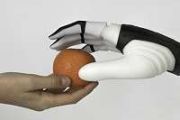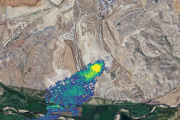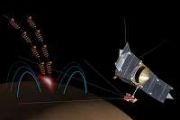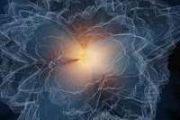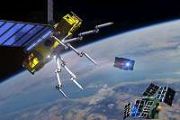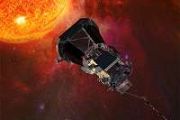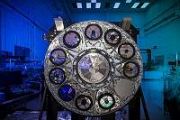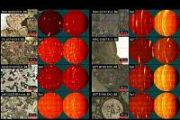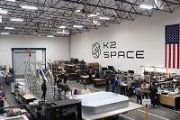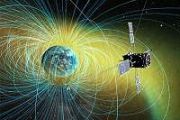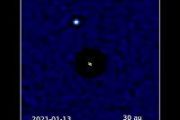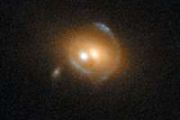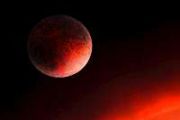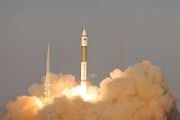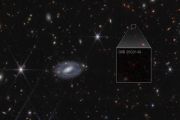
Copernical Team
Terran Orbital announces DARPA award
 Terran Orbital Corporation (NYSE: LLAP), a global leader in small satellite solutions, primarily serving the United States aerospace and defense industry, has announced that its subsidiary, PredaSAR Corporation, received a contract award from the Defense Advanced Research Projects Agency (DARPA) under an Other Transaction Authority for Prototype Agreement. Specific terms of the Agreement were no
Terran Orbital Corporation (NYSE: LLAP), a global leader in small satellite solutions, primarily serving the United States aerospace and defense industry, has announced that its subsidiary, PredaSAR Corporation, received a contract award from the Defense Advanced Research Projects Agency (DARPA) under an Other Transaction Authority for Prototype Agreement. Specific terms of the Agreement were no Boeing docks crew capsule to space station in test do-over
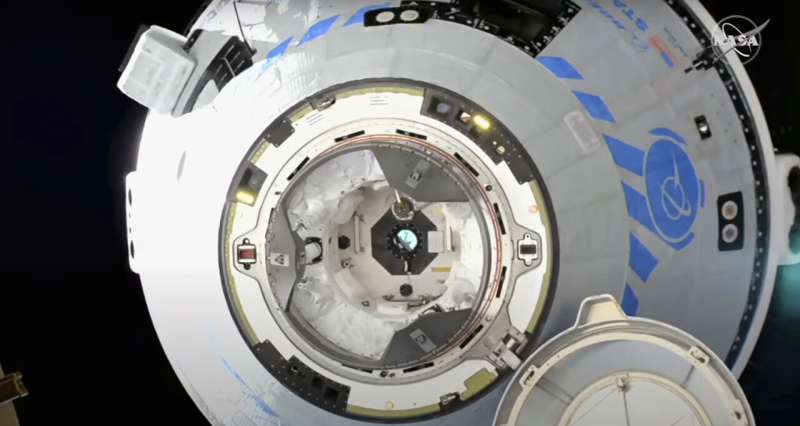
Boeing's Starliner spaceship docks with ISS in high-stakes test mission
 Boeing's Starliner capsule docked with the International Space Station Friday, a major milestone in a high-stakes uncrewed test flight as the US aerospace giant seeks to restore its reputation following past failures.
The spaceship made contact at 8:28 pm Eastern time (0028 GMT Saturday), a little over 24 hours after it blasted off from the Kennedy Space Center in Florida on a mission to pro
Boeing's Starliner capsule docked with the International Space Station Friday, a major milestone in a high-stakes uncrewed test flight as the US aerospace giant seeks to restore its reputation following past failures.
The spaceship made contact at 8:28 pm Eastern time (0028 GMT Saturday), a little over 24 hours after it blasted off from the Kennedy Space Center in Florida on a mission to pro Boeing's Starliner approaching ISS in high-stakes test mission
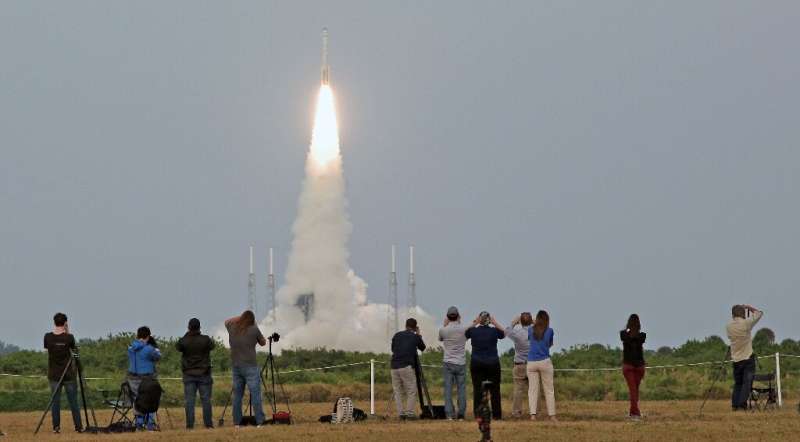
Boeing's Starliner capsule was preparing to dock with the International Space Station Friday, in a high-stakes uncrewed test flight key to reviving the US aerospace giant's reputation after a series of failures.
The spaceship blasted off from the Kennedy Space Center in Florida on Thursday evening, and is now set to rendezvous with the ISS at 7:10 pm Eastern Time (2310 GMT), as part of a mission to prove it is capable of providing safe rides for NASA astronauts.
Where do "Hawaiian box jellies" come from?
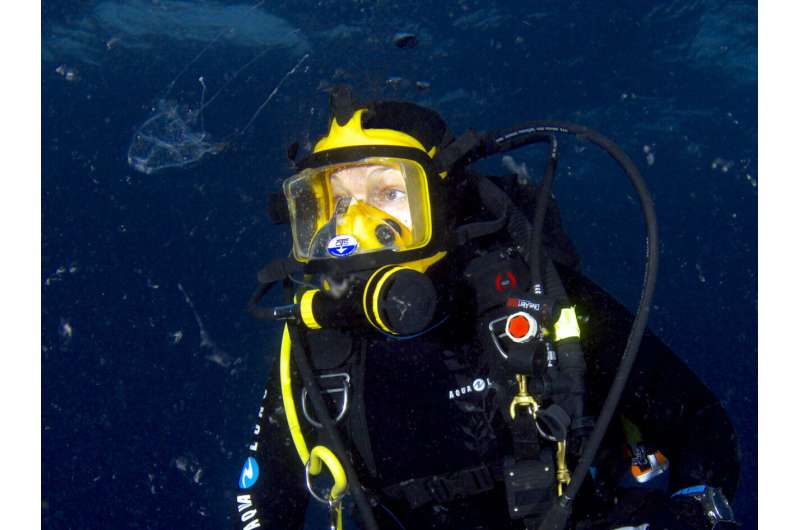
An insightful cross-disciplinary team of University of Hawai'i (UH) at Mānoa researchers, working for over a decade, published a study recently revealing that a key number of hours of darkness during the lunar cycle triggers mature "Hawaiian box jellyfish" (Alatina alata) to swim to leeward O'ahu shores to spawn.
Led by Angel Yanagihara, associate research professor at the UH Mānoa School of Ocean and Earth Science and Technology (SOEST) and the John A. Burns School of Medicine, researchers at the UH at Mānoa have been carefully tracking local box jellies for over 20 years. While the monthly shoreline aggregations are understood to occur like clockwork 8-10 days after each full moon, with jelly forecasts included on the local news, mysteries have remained: Why are they appearing at this particular part of the lunar cycle? Where do these box jellies come from and where are they found the rest of the lunar cycle? Why has this become a monthly problem in only the last 30 years?
Juice spacecraft fully integrated and ready for next testing
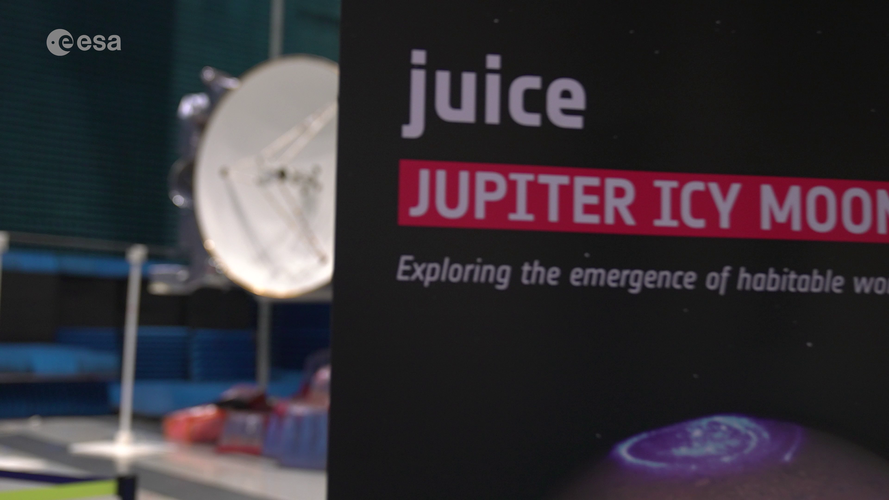 Video:
00:04:49
Video:
00:04:49
“ESA’s Juice mission has entered its final phase of development, with the spacecraft moving to an Airbus Defence & Space facility in Toulouse, France, for the next round of testing. The spacecraft has been fully integrated, and these tests will be done in full flight configuration, as Juice is scheduled for launch from Europe’s Spaceport in Kourou, French Guiana, in April 2023
The Juice mission is a perfect example of collaboration between several national space agencies and European industry. Its objective is to explore the gas giant Jupiter, its environment, and three of its moons: Europa, Callisto and
Watch live: Living Planet Symposium 2022

The time has finally come for ESA’s Living Planet Symposium – one of the largest Earth observation conferences in the world. Follow our live streaming all week on ESA Web TV, starting with the Opening Ceremony on Monday 23 May at 09:00 (CEST).
Week in images: 16-20 May 2022

Week in images: 16-20 May 2022
Discover our week through the lens
Earth from Space: Bonn, Germany
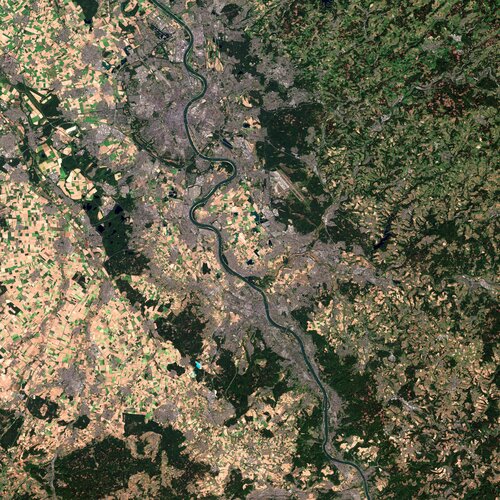
ESA’s Living Planet Symposium – one of the largest Earth observation conferences in the world – is being held on 23–27 May in Bonn, Germany. Held every three years, the symposium brings together scientists and researchers, as well as industry and users of Earth observation data, from all over the world to present and discuss the latest findings on Earth science.
Meet the navigation team | Space jobs
 Video:
00:07:13
Video:
00:07:13
Dive into our navigation activities and hear about the projects, goals, challenges and work environment from ESA staff working in the Navigation Directorate and the Directorate for Technology, Engineering and Quality.
Find out more about Careers at ESA: https://careers.esa.int/









